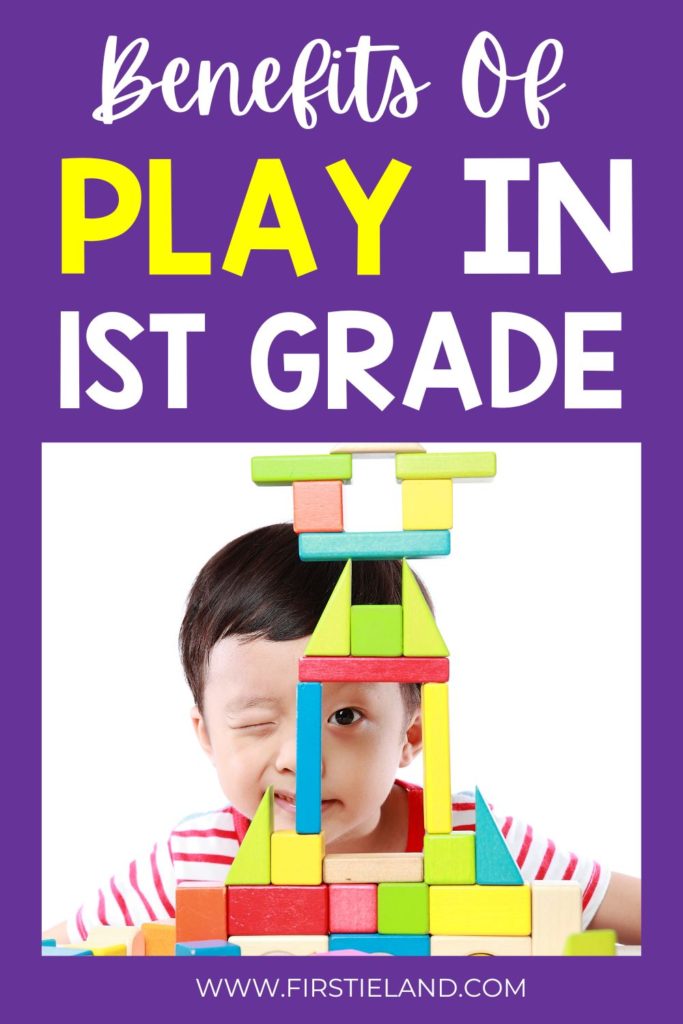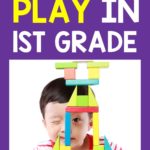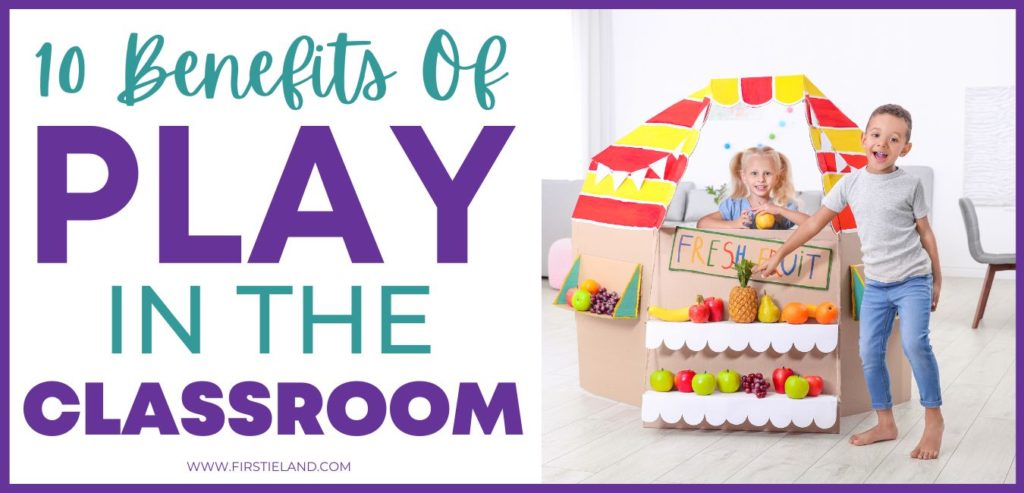
The importance of play cannot be understated. From the moment children are born, they learn best through play. It's how they explore their world, imagine new possibilities and make choices. As children grow older, play becomes more organized and structured, but it continues to be a vital part of their physical, social, and emotional development.
In elementary school children have the opportunity to explore a wide range of activities, from team sports to individual pursuits. They also learn important life skills, such as cooperation and communication, while building self-confidence and forming lasting friendships. In other words, play is essential to a child's physical and emotional growth. And that's why it should be an integral part of every elementary school curriculum.
What is learning through play in elementary school?
Elementary school is a time for learning, but it's also a time for play. Play is essential for children's development, providing them with opportunities to explore, experiment, and learn new skills. Recess and gym class are great times for kindergarten and first grade kids to let off steam and get some exercise, but there are also many opportunities for play in the classroom. Learning doesn't have to be all work and no fun. Games, art activities, and other hands-on experiences can help kids understand concepts, develop their imaginations and build social skills. When kids are allowed to play, they're more engaged in their learning and more likely to succeed in school.
Play also provides a way for children to release energy and have fun. There are many different types of play, and children often engage in different types of play at different stages of their development. For example, younger children may engage in more physical play, while older children may enjoy more cognitively challenging activities. However, all play is beneficial for children, and it should be encouraged in the elementary school years.
What are the benefits of learning through play in an elementary classroom?
Many people believe that play is just for fun, but it can actually be quite beneficial for children. When kids play, they have the opportunity to explore their environment, use their imaginations, and make choices. Let's take a look at some of the importance of play in kindergarten and first grade:
1. Play in elementary school helps children physically.
Participation in physical activities, especially during childhood and adolescence, is critical for the development of fine and gross motor skills as well as social skills. Although there's been a trend in recent years towards more sedentary lifestyles, research has shown that playtime is still an important part of a child's day. In fact, play is essential for physical development, as it helps children to explore their environment and develop their muscles.
It is no secret that children today are more sedentary than ever before. With technology providing endless entertainment at the touch of a button, it can be hard to get kids to go outside and play. However, it's important to remember that playtime is essential for young children, especially when it comes to their physical development. Running, climbing, and other forms of play help to build strong muscles and bones, and they also promote coordination and balance. In addition, play helps to boost energy levels and improve cardiovascular health. With so many benefits, it's clear that elementary school children need plenty of opportunities to play.
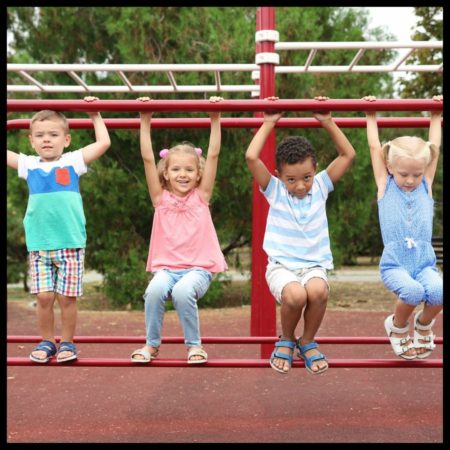
2. Play in elementary school helps children cognitively.
It's widely accepted that play is essential for children's development. In addition to promoting physical activity and social interaction, play also helps children to develop important cognitive skills. A recent study by the American Academy of Pediatrics found that children who engage in regular play have better executive function skills, such as planning, task flexibility, and working memory. The researchers believe that this is because play allows children to practice using these skills in a safe and fun environment.
Furthermore, the study found that children who engage in more playful activities tend to have higher grades and test scores. This suggests that play not only helps children to develop important cognitive skills but also leads to academic success. Given the numerous benefits of the importance of play, it's clear that it should be an integral part of every child's life.
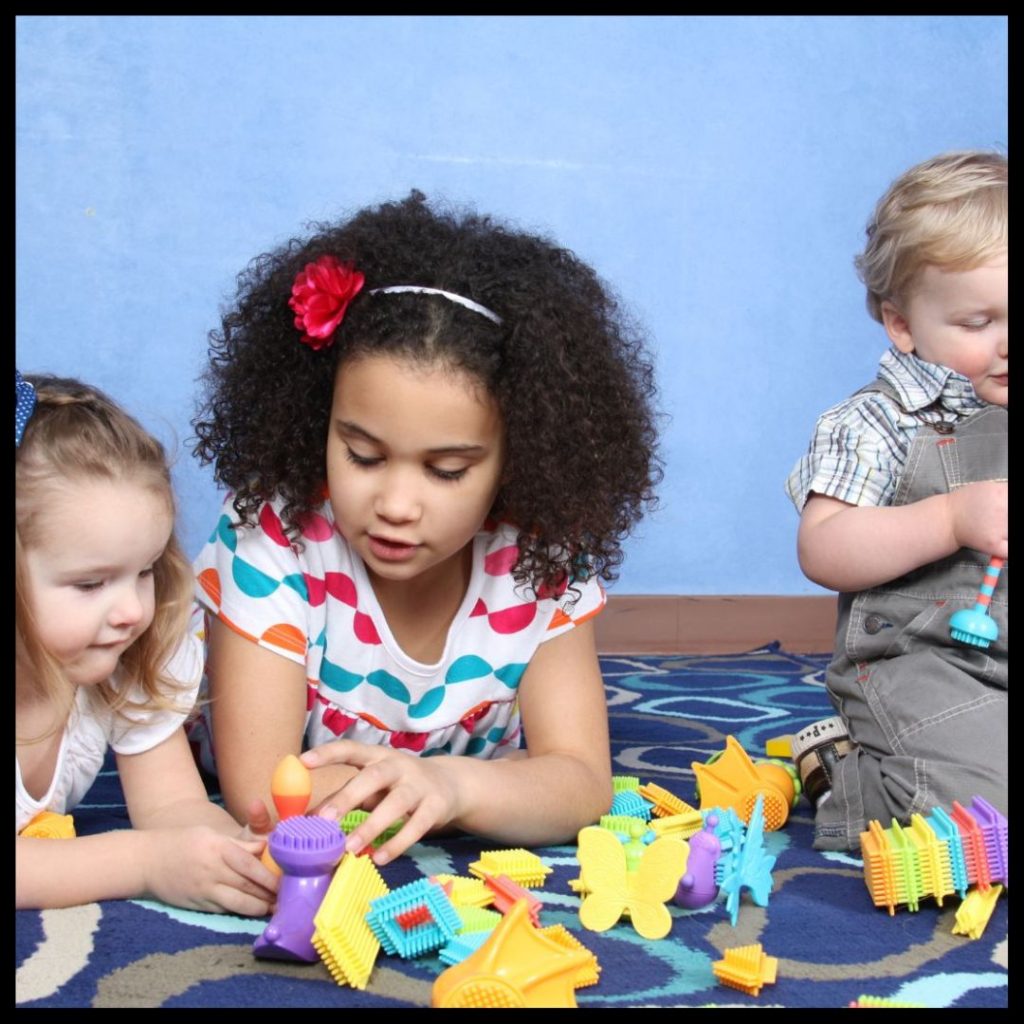
3. Play in elementary school helps children gain confidence.
Play is essential for children's development. Not only does it provide a way for them to explore their interests and develop new skills, but it also helps them to build confidence. When children are given the opportunity to play freely, they learn how to take risks and solve problems on their own. This in turn helps them to feel more confident in their abilities.
In an elementary school setting, play can take many different forms. For example, children might engage in open-ended activities, such as building towers out of blocks or pretending to be animals. They might also participate in structured games with rules and roles. Kindergarten and first grade students visit math and literacy centers where they play and learn together. Regardless of the specific form it takes, play provides an important venue for children to develop confidence and explore their interests.
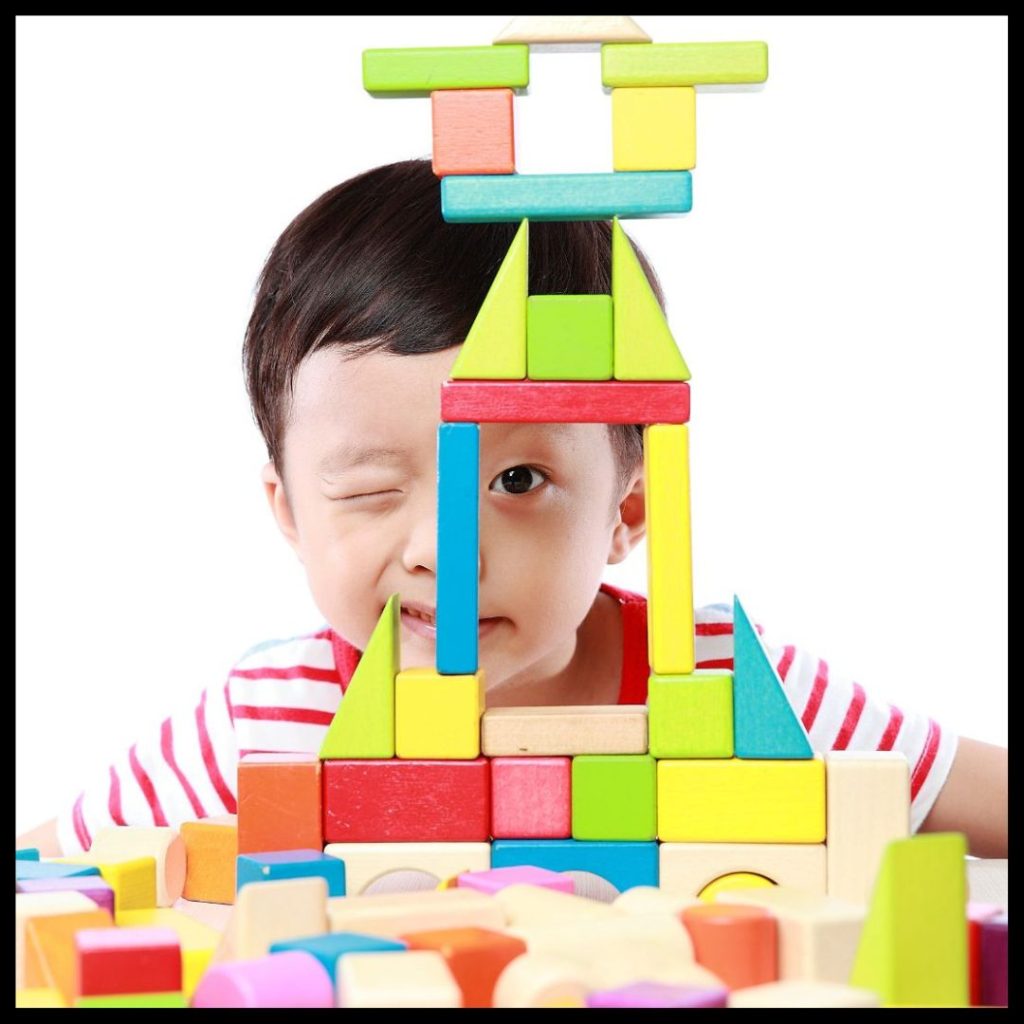
4. Play in elementary school helps children improve coping abilities.
Children are notorious for their boundless energy and sense of curiosity. However, many adults fail to realize that playfulness is actually an important part of child development. When children engage in play, they are given the opportunity to explore their environment, test their limits, and try out new ideas. Through play, children also learn how to cope with frustration, regulate their emotions, and resolve conflicts. As such, playtime is an essential part of the elementary school day. It provides children with a chance to let off steam, while also helping them to develop important life skills.
When faced with a challenge, children who have developed strong coping skills are more likely to persevere and find a successful solution. In contrast, children who haven't had the opportunity to practice these skills may give up more easily. Therefore, the importance of play is clear. It is an essential part of child development, helping to improve coping abilities and setting the stage for success in school and in life.

5. Play in elementary school helps children have positive interactions with others.
Elementary school is a time when children learn to interact with others. They learn to share, take turns, and cooperate. One way they learn these skills is through play. Whether it's on the playground or in the classroom, children have opportunities to practice interacting with others. They learn how to resolve conflicts, how to communicate their needs, how to be part of a team, and develop friendship skills. As they grow and develop, these skills will help them in all areas of their lives. So while play may just seem like fun and games, it's actually an important part of learning how to get along with others.

6. Play in elementary school helps children socially.
Many people might not realize the importance of play in elementary school. Play gives children a chance to be creative, explore new ideas, and try out different roles. It also helps them to develop social skills such as communication, cooperation, and negotiation. In a world where children are increasingly reliant on technology, it is more important than ever to give them opportunities to interact with their peers in a physical setting. Play provides an ideal forum for this kind of social development, and it should be encouraged in every elementary school.
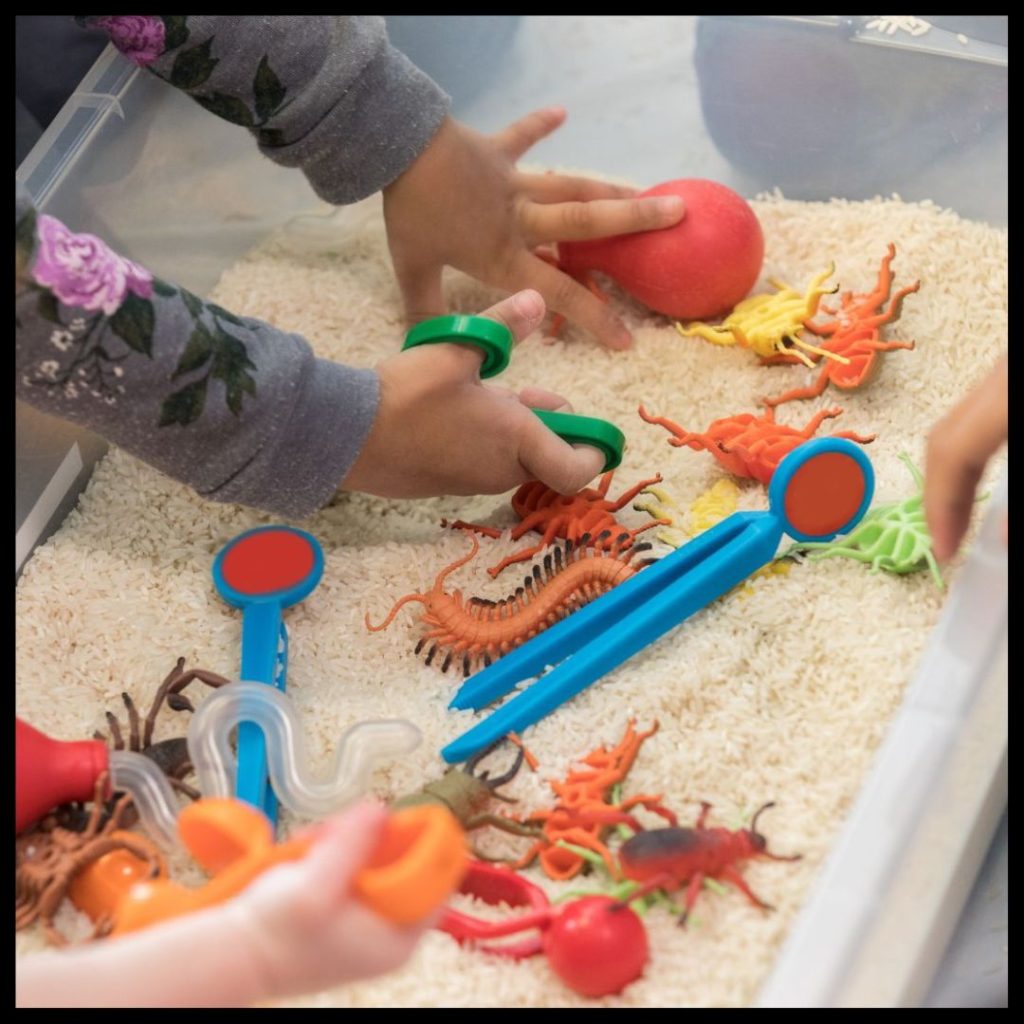
7. Play in elementary school helps children face their fears.
When children are young, they are frequently afraid of things that seem harmless to adults. For example, they might be afraid of the dark, animals, or loud noises. While it's natural for children to have some fears, it's important that they learn how to face them. One way to help them do this is through play.
When children are engaged in pretend play, they often take on roles that are outside of their comfort zone. Children might pretend to become entomologists and learn about insects. They might even pretend to be a character who is brave or adventurous. By doing this, they can explore their fears in a safe and controlled environment. As they become more comfortable with the idea of facing their fears, they will be more likely to do so in real life. Ultimately, play can help children learn how to confront their fears and overcome them.

8. Play in elementary school helps children emotionally.
For generations, play has been seen as an important part of childhood development. Through play, children learn to explore their surroundings, interact with others, and develop their imaginations. Play also helps children to understand and express their emotions. In a fast-paced world, it can be easy to forget the importance of play. However, when children feel stressed or upset, play provides a safe outlet for those feelings.

9. Play in elementary school helps children try new things without fear of mistakes.
Making mistakes is a part of life, but it can be difficult for children to understand this concept. At elementary school age, children are still learning about the world and how it works, and they may be afraid to try new things for fear of getting them wrong. However, play can help children to overcome this fear.
When children are playing, they're not focused on whether or not they are making mistakes. Instead, they're just enjoying the activity and exploring their own capabilities. As a result, play provides an opportunity for children to try new things without the pressure of getting them right. And while they may make some mistakes along the way, they will also learn valuable lessons about taking risks and trying new things.
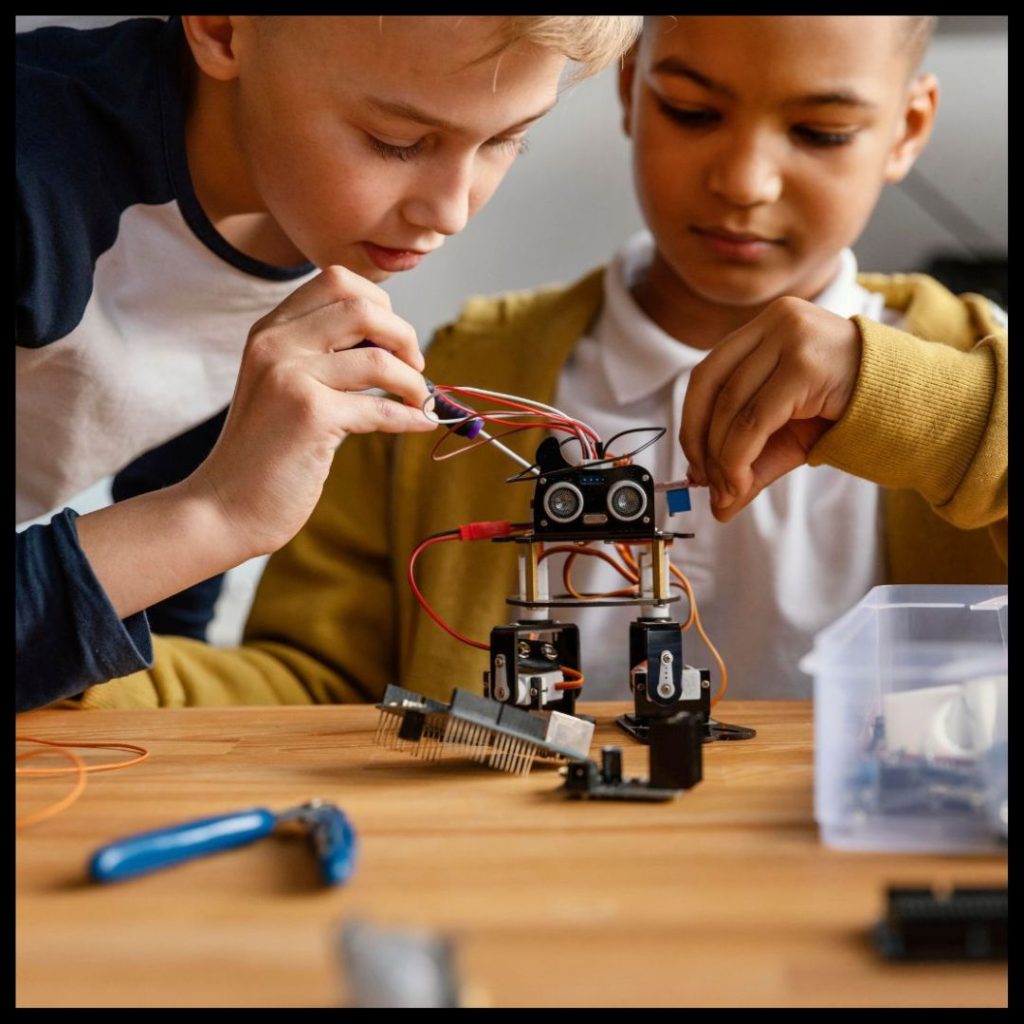
10. Play in elementary school helps children think flexibly.
In our increasingly fast-paced and competitive world, it's more important than ever for children to learn how to think flexibly. That's where play comes in. When children are given the opportunity to play freely, without adult interference, they are able to explore, experiment, and come up with their own solutions to problems. This type of independent thinking is essential for later success in school and in life.
New research suggests that play may also help children to think flexibly. In a recent study, researchers asked children to complete a series of puzzles. Some of the puzzles were designed to be solved quickly, while others required more creative thinking.
The researchers found that the children who had spent more time playing prior to the experiment were more likely to succeed at the difficult puzzles. This suggests that play may help children to develop the ability to think flexibly and solve problems in novel ways. As we enter a new era of increased automation and complex challenges, the ability to think flexibly will become increasingly important.
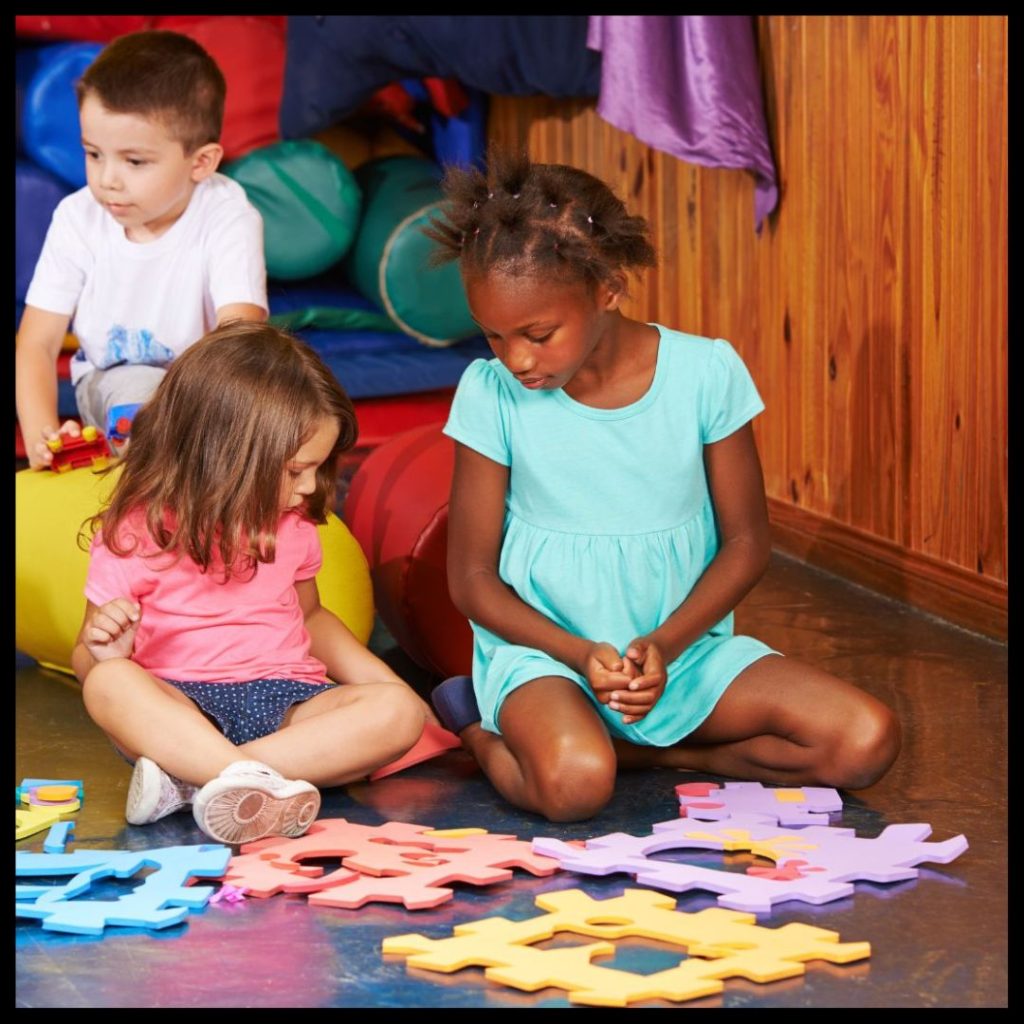
Looking for more ideas on the importance of play? Check out these posts:


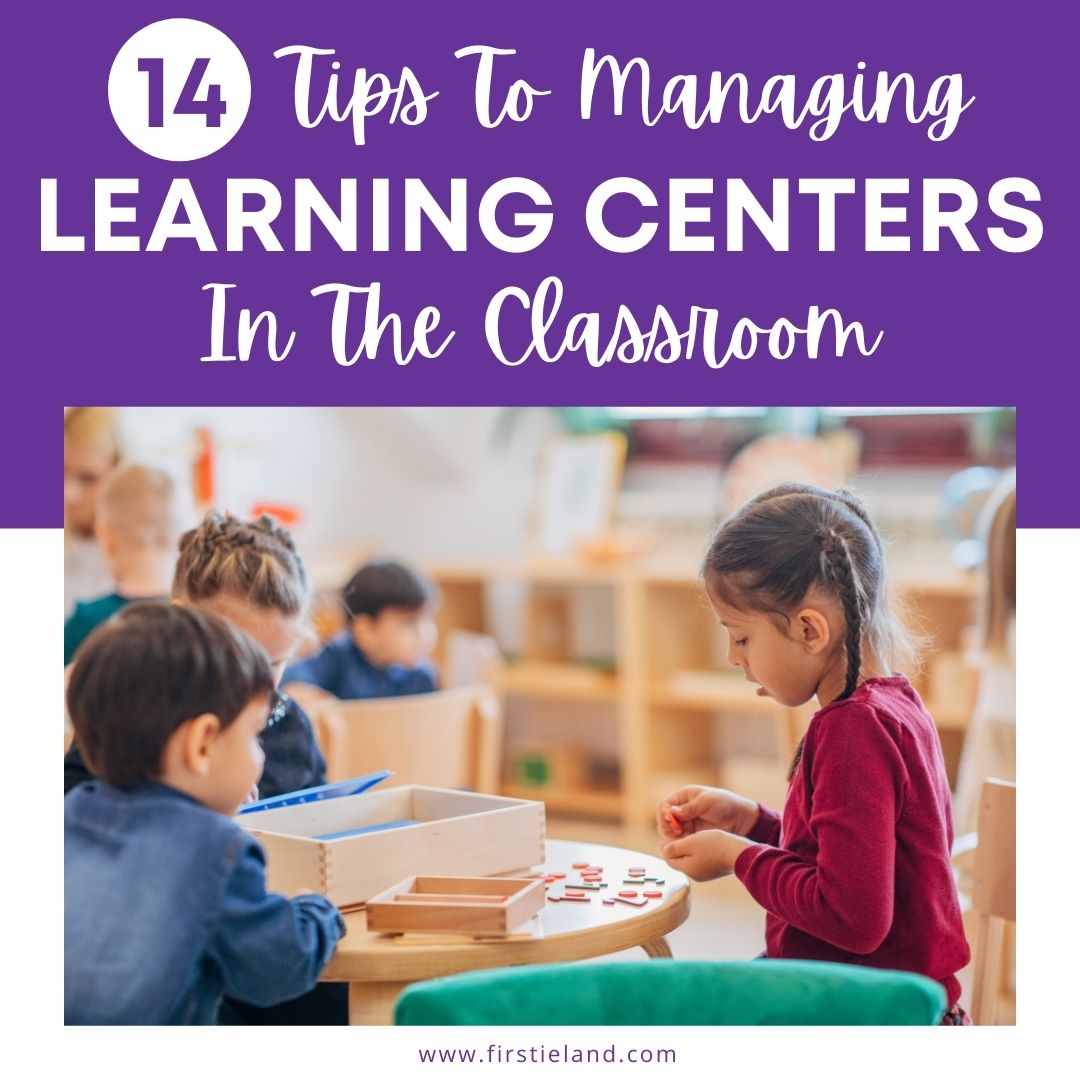
Save these ideas for later!
Take a minute to save these tips to your favorite first grade Pinterest board so you can remember them later!
